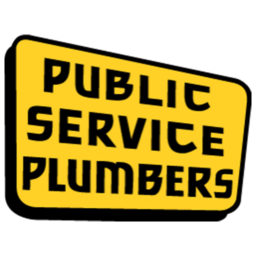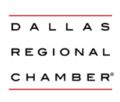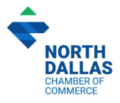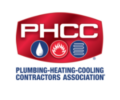If you have a clogged sewer drain, you could have a serious problem. 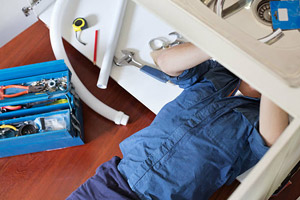 Since the sewer drain in a home carries water into the sewage system, if you have a sewer clog there’s no place for the water to go but back into your home. If not remedied soon, you could have sewage back flow into your home, your toilet, your shower, your sink – anyplace water drains and flows. Depending on the seriousness of the clog, you could have water damage to your floors and the threat of contamination, mold, and water damage.
Since the sewer drain in a home carries water into the sewage system, if you have a sewer clog there’s no place for the water to go but back into your home. If not remedied soon, you could have sewage back flow into your home, your toilet, your shower, your sink – anyplace water drains and flows. Depending on the seriousness of the clog, you could have water damage to your floors and the threat of contamination, mold, and water damage.
Diagnosing a Clogged Sewer Drain
Maybe your shower is draining slowly, maybe your kitchen’s sink. Most people might dry pouring drain cleaner down the drain and think the problem is fixed when water starts flowing again. When it happens again a few days later at the same time you start having problems with your toilet, chances are you have a more serious problem on your hands that involves a clogged sewer drain.
In fact, when multiple drains and fixtures back up at the same time, that’s a good indication your problem is related to a clogged sewer drain. Since toilets, the kitchen sink, the bathroom sink, your washer, and your sewer drain into the main sewer line, if all or most of them back up, that means water can’t drain out of your home’s plumbing.
Warning Signs that a Sewer Clog may be Developing
There are warning signs that you have a sewer clog in the making. Perhaps you’ve noticed that when you flush the toilet a bit of water seeps into the bathtub or shower. This happens because the amount of water flushed into your sewer line pipe can’t flow easily down the drain, resulting in water flowing back into your bathtub or shower line.
Likewise, if you run your bathroom sink for a few minutes at a time while shaving, brushing your teeth, or cleaning your bathroom, you may notice that bubbles start rising in your toilet bowel or the water level in it begins to rise. This, too, is a good indication that the clog is in the main sewer line.
Another indication that you could have a sewer line clog is your toilet overflowing when you use your washing machine. Again, the problem here is that the water draining from your washer can drain into the main sewer line and so backs up into your toilet (or bathtub or shower).
When to Contact an Experienced Plumber
Depending on the nature of a sewer line clog, the potential for expensive damage and costly repairs can be substantial. For these reasons, you want to take action as soon as you think you might have a sewer drain clog. At the Dallas – Ft. Worth area Public Service Plumbers, our plumbers have the experience and state-of-the-art tools and technology needed to diagnose and repair sewer line clogs.
For more information regarding how we can help you, call (214) 753-4633 – we can help you save money now by avoiding costly repairs tomorrow.
